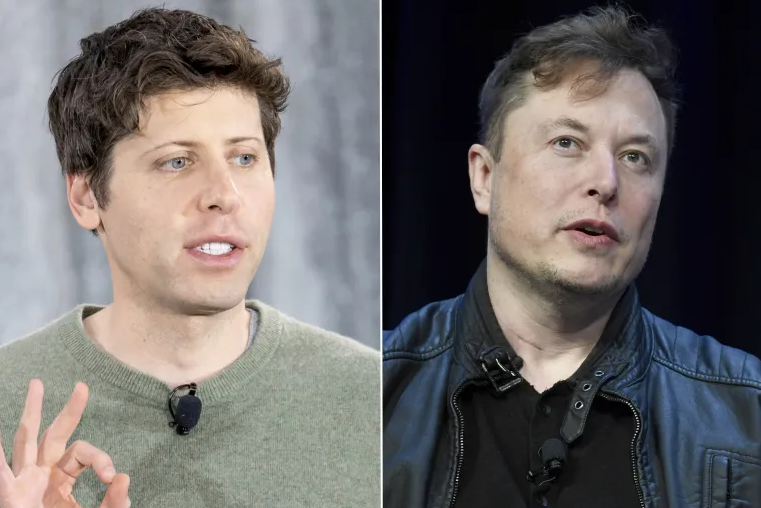
OpenAI is a private company, and according to OpenAI itself, it refuses to comply with laws and regulations related to disclosing information and financial reports. This is evident in the following points:
- Flexibility in Goals and Directions:
OpenAI is not obligated to disclose details of its operations and strategies, providing a secure business trajectory away from various pressures faced by larger companies that use their data for various purposes. - Freedom in Investment:
The company has the freedom to work on long-term investments without the goal of quickly concluding research to enter the market and raise funds. OpenAI focuses on conducting research properly and allocates sufficient time to complete research and achieve optimal results. - Fast Track in Business:
As private companies are not subject to laws and pressures related to financial reporting like public companies, this allows them to work in a continuous and rapid path to produce cutting-edge research.
Key Achievements:
One of OpenAI’s notable achievements is the “Generative Pre-trained Transformer” (GPT) model, the company’s first AI model trained on a massive amount of data covering various fields such as programming, mathematics, sciences, literature, and more. This was done using 7,000 books in the initial version of the chatbot program GPT-1.
In subsequent versions like GPT-2 and GPT-3, an additional 8 million websites were added to the original 7,000 books. GPT-3 included a billion tokens, encompassing words, emojis, and punctuation marks. The GPT model is utilized across applications and platforms, most notably in ChatGPT, providing vast knowledge and the ability to answer user queries, solve complex mathematical equations, write programs using different coding instructions, and much more.
Other products by OpenAI include:
- DALL·E:
A professional platform for generating images using artificial intelligence. Three versions of DALL·E have been released to date. - Codex:
A model for solving programming problems using artificial intelligence, trained to work with 12 programming languages. Codex takes input through writing or images (using GPT and DALL·E models) to create a program using code instructions for a specific function or problem-solving. Codex is used within a project called GitHub Copilot on the GitHub platform, serving as a code editor to help developers write their code lines easily. - Whisper:
A system for converting spoken language in various languages into text using artificial intelligence.
OpenAI represents a vital model for the future of technology and artificial intelligence, particularly showcasing the achievements and innovations in the field of technology. Therefore, it is crucial to stay informed about all its products and accomplishments to leverage this technology for our work, studies, or even daily hobbies.
Leave a Reply